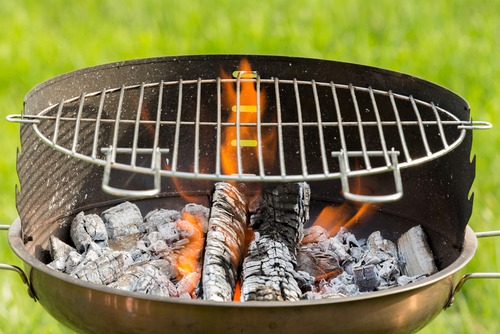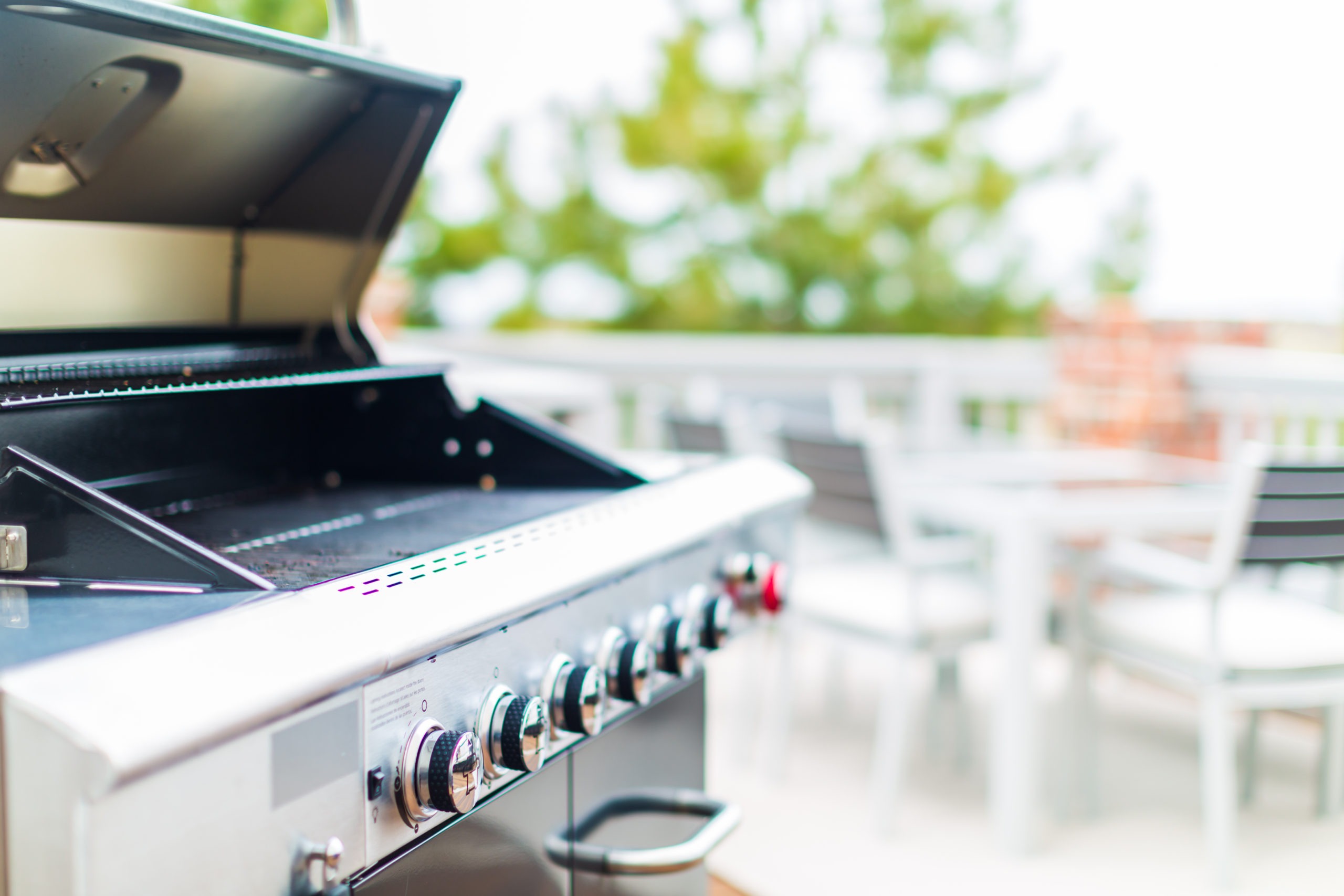
Charcoal Grill Safety Tips
Nothing feels more like summer than relaxing and grilling in the backyard. A few simple steps and safety precautions can make sure every summer barbecue goes off without a hitch.
First of all, always keep a fire extinguisher nearby and locate safety valves before you start cooking. Almost 1,500 home and outside fires are started by charcoal or other solid-fueled grills each year in the U.S., according to the National Fire Protection Association. Keep you and your home safe by following these simple rules:
1. Find the right place to grill
Your charcoal grill should always be placed on a flat, level surface so it won’t tip over. Make sure the grill is in a very open area, free from:
- Overhangs
- Fences
- Deck railings
- Shrubbery
Make sure your charcoal grill has enough room to ventilate. Keep it far from homes, tents, and vehicles to avoid excessive carbon monoxide exposure.
2. Handle the charcoal carefully
Be very careful when handling charcoal briquets and/or lighter fluid. Gasoline and kerosene both carry the risk of explosion, so never use either one to light a charcoal grill. The Hearth, Patio & Barbecue Association says to form a pyramid with charcoal briquettes or wood chunks, douse with lighter fluid, and allow to completely soak before lighting. (If using instant light briquets, don’t use lighter fluid or other starters. To increase the size of the flame, only add regular charcoal briquets—not additional instant light briquets.)
If your fire is slow to start, never add lighter fluid directly to hot coals—the flame could travel up the stream of lighter fluid and injure you or others. Instead, place several new briquets in a metal can and apply lighter fluid (while paying close attention to safety instructions on the lighter fluid). Using tongs, add these new briquets to the warm coals in the grill and light with a match.
When the coals get going, they can reach up to 1,000 degrees Fahrenheit. Never handle hot coals with your hands. Instead, use long-handled barbecue tongs to handle food and coals, and use flame-retardant mitts to handle the grill.
Closing the lid prematurely can put out the fire or, in opposite cases, cause a massive rush of flame when the lid is removed. Only close the lid when you are ready to cook, as closing it early can give foods a strange taste by not allowing the charcoal lighter fluid to burn away completely. And while you cook, be sure to leave vents open so oxygen can reach the charcoal.


















